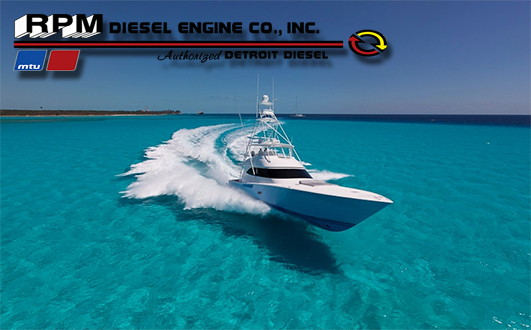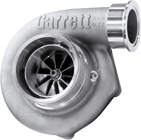
RPM Diesel is the one source stop for all marine engine needs spanning from sales, standard maintenance and reaching to difficult repairs. We have been trusted and respected leaders in the diesel engine industry since 1956. Many diesel engine owners are unsure of what a diesel engine turbocharger can really do for their vessel. A diesel engine turbocharger can have an immensely positive impact on your machine. The truth of the matter is a turbocharger can have effects such as lowering engine emissions, improves torque, doubles your engine’s horsepower while also improving your fuel efficiency.
We carry and supply turbochargers by all major brands including:
- Cummins
- Borg Warner
- Holset
- Garrett
- Mitsubishi

Turbochargers have been shown to be among the most effective responses to global warming at higher speeds and lower costs than any other engine enhancement technology. Turbochargers work by pushing compressed air into the engine’s cylinders. This process helps the engine effectively intake more fuel and wasting much less. Less wasted fuel directly results in lowered CO2 emissions.
Increased torque and horsepower are also results of forcing more oxygen into the combustion chamber. A diesel engine turbocharger uses higher boost pressures to reduce the risk of unburned fuel exiting the engine. When the unburned fuel cannot escape there’s a reduction in unwanted high exhaust gas temperatures which is replaced with more horsepower.
Something many diesel engine owners may be surprised to learn is that a typical diesel engine has a very poor internal-combustion engine efficiency ratios. An unmodified diesel engine could be converting less that 33% of the fuel it’s burning into usable torque. The remainder of the energy produced by the burning fuel would be lost as heat dispersed by the water cooling system as well as the exhaust. It doesn’t take a mathematician to know that this is an unacceptable energy conversion ratio.
Signs your marine turbocharger has failed can include:
- Blue smoke
- Black smoke
Blue smoke is an indication of a failed turbo seal resulting in engine oil passing into the cold air intake system. It may mean your diesel engine turbocharger is dripping oil and the cause must be identified.
Black smoke, on the other hand, is an obvious signal that something within the air system is wrong. This is because black smoke means high amounts of unburned fuel are escaping into the atmosphere. This harms our environment, boat’s performance capabilities, and our wallets in increased need for fuel.
RPM Diesel can help you with choosing, purchasing, maintaining, and repairing your diesel engine turbocharger. If you have any questions on how to move forward please contact us today.
Diesel Engine Turbocharger
![]()
